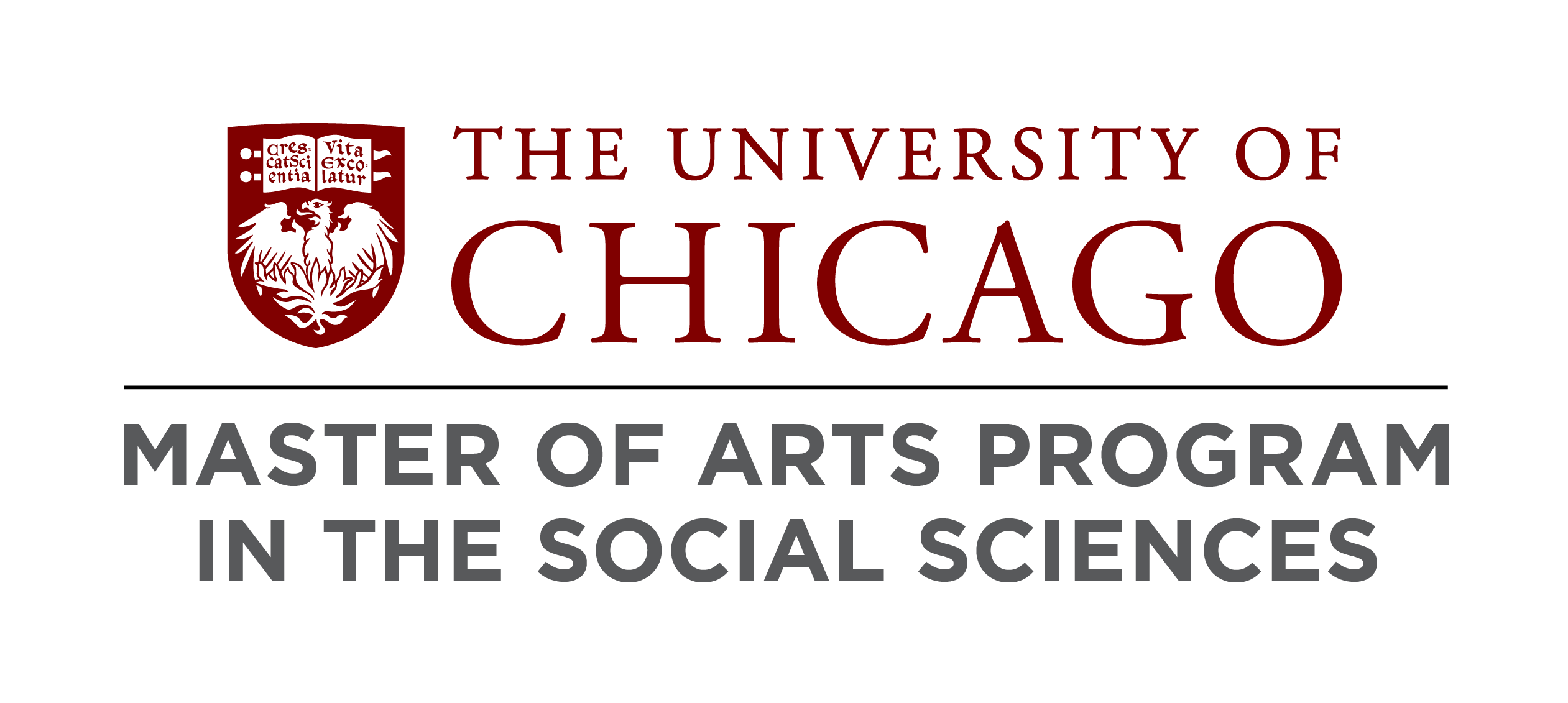
Schedule office hours here.
Tori Gross is Assistant Senior Instructional Professor of Anthropology and Assistant Director of MAPSS. She holds a PhD in Anthropology from Columbia University, an MA in Religious Studies, and a BA in Sociology and Religion both from McGill University.
Professor Gross’s research focuses on the affective dimensions of identity politics, the generative intersection of national imaginaries and global neoliberal values, and the gendered production of parastate sovereignty in the context of India’s young, rapidly changing democracy. Her book manuscript, provisionally entitled Hail to the Hero: Caste, Masculinity, and Political Subjectivity in Contemporary South India, examines countervailing processes of caste and class identity making against the backdrop of regional ethnolinguistic nationalism and structures of recognition institutionalized in state programs of affirmative action. Drawing on two years of ethnographic and archival research in Tamil Nadu, the book examines novel caste identities and changing economic and social relations between castes that have arisen following the breakdown of generational, ritual regimes of caste hierarchy. The book ultimately elucidates the ways politically marginalized and newly urbanized communities accrue power through collective historical claims that function as strategic negotiations of status and rights with both other communities and the paternalistic nation-state.
While Professor Gross’s research is located in South India, the yearning expressions and fleeting achievements of sovereignty and righteous honor that she illuminates are common to identity based and minority movements in many parts of the world. Tensions between community and state and between the past as nostalgically remembered and the present as lived with resignation emerge through her research and are of interest to a broad range of scholars focused on politics and society. Tori’s 2022 article, “Constructing a caste in the past: Revisionist histories and competitive authority in South India” appears in Modern Asian Studies.
Her most recent research project is an examination of growing support for the world’s largest political party, the Bharatiya Janata Party (BJP), in Tamil Nadu where it has historically been weak. Powerful ideals of egalitarianism, redistributive social justice, and rationalism grounded in regional ethnolinguistic identity have dominated twentieth century Tamil Nadu’s political scene, making it an unlikely support base for the BJP, which espouses an exclusionary and hierarchical Hindu nationalist ideology. However, Tamilians’ national imaginaries have become increasingly expansive and thus accommodative of the centralizing force of Hindu nationalism as more people (either aspire to or) live and work abroad, coming to situate themselves as part of the Indian nation competing on the global scale. Professor Gross’s work examines the ways neoliberal values, particularly the intractable commitment to open competition, suffuse the content of nationalism in Tamil Nadu, allowing Tamilians to assert a peacefully integrated national polity despite substantial evidence to the contrary. The post-truth media landscape, corrupt dynastic state politics, and the gravitational pull of novelty make the BJP ever more appealing in India’s last Hindu holdout.
 THE UNIVERSITY OF CHICAGO
THE UNIVERSITY OF CHICAGO

